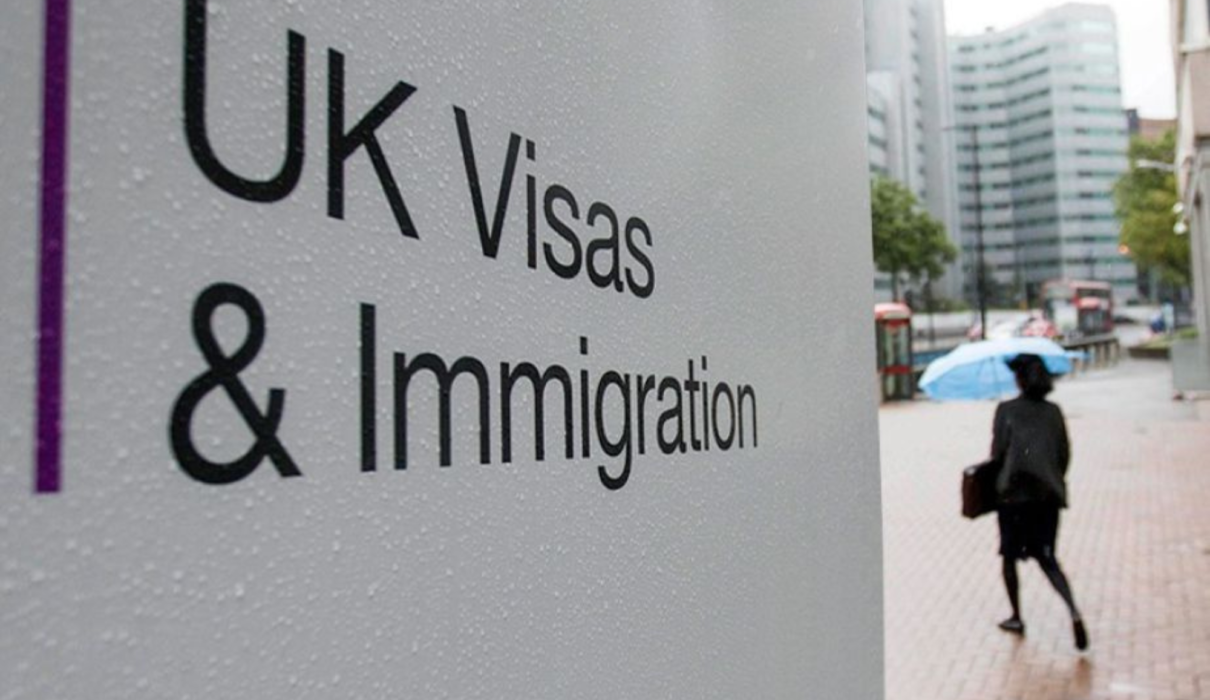The United Kingdom’s recent immigration reforms are causing significant labor shortages in key sectors, notably healthcare and construction. These shortages are raising alarms about the potential impact on service delivery and the broader economy.
Key Policy Changes
The government’s recently unveiled white paper, “Restoring Control Over the Immigration System,” outlines a range of strategic policy shifts aimed at tightening immigration controls:
- The new policy extends the required residency period for immigrants to secure permanent settlement from five years to a decade.
- One of the key changes includes the discontinuation of visa approvals for social care workers, a move that has triggered concern across the health and care sectors.
- Mandating university degrees for skilled worker visa applicants.
- Enhancing English language proficiency requirements for all visa applicants.
Although the reforms are designed to bring down annual net migration by roughly 100,000, their immediate impact has been a growing pressure on industries heavily dependent on foreign workers.
Impact on Healthcare
The healthcare sector, particularly social care, is experiencing acute staffing shortages. The halt on new foreign care worker visas has led to a significant decrease in available personnel, threatening the quality and accessibility of care services.
Construction Sector Challenges
The construction industry is also facing workforce gaps due to the new visa restrictions. Projects are experiencing delays and increased costs as companies struggle to find qualified domestic workers to replace the previously available migrant labor force.
Government’s Position and Industry Response
Prime Minister Keir Starmer maintains that the reforms are essential for promoting domestic employment and reducing dependency on foreign labor. However, industry leaders argue that the policies are leading to unintended consequences, including service disruptions and economic slowdowns.
Rain Newton-Smith, Chief Executive of the Confederation of British Industry (CBI), warns that “overly restrictive immigration policies risk exacerbating labor shortages and hindering the UK’s economic recovery.”
Initiatives to Address the Shortages
In an effort to mitigate the labor shortages, the government is investing in vocational training and apprenticeship programs aimed at attracting domestic workers to understaffed sectors. Nevertheless, experts caution that these initiatives will take time to produce results, leaving immediate labor needs unmet.

